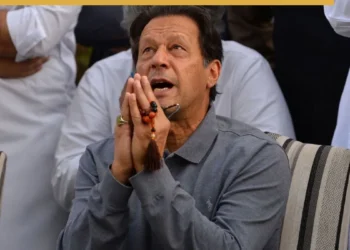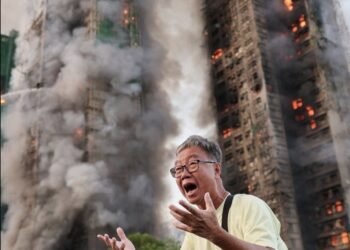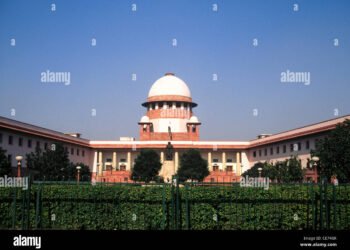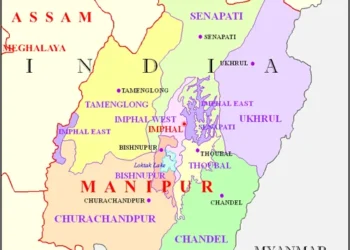Pope Francis, the first Jesuit and Latin American pontiff, has passed away in Rome. He was widely respected for championing climate action, human rights, and outreach to the marginalized during a transformative 12-year papacy.
BY PC Bureau
The Vatican has officially announced the passing of Pope Francis, aged 88, following a prolonged health struggle. The Pope had been hospitalized at the Gemelli Hospital in Rome since February 14, after experiencing breathing difficulties during an official engagement. He was diagnosed with bronchitis, prompting the cancellation of his scheduled events.
Over the following days, the Vatican issued regular health updates. However, on the evening of February 22, officials confirmed that the pontiff had entered critical condition after suffering a prolonged asthmatic respiratory crisis. The Holy See has now confirmed that Pope Francis has died, marking a solemn moment during the ongoing 2025 Jubilee Year, a major Catholic event that began in December 2024 and is set to conclude on January 6, 2026.
BREAKING: Pope Francis has died, Cardinal Kevin Ferrell, the Vatican camerlengo announced. https://t.co/c2THmQciAR
— The Associated Press (@AP) April 21, 2025
Born Jorge Mario Bergoglio on December 17, 1936, in Buenos Aires, Argentina, Pope Francis had a unique path to the papacy. Initially earning a diploma as a chemical technician, he entered the Jesuit novitiate in March 1958 and was ordained as a priest in 1969. By 1973, he had risen to the role of superior of the Jesuit province in Argentina.
ALSO READ: In Martyrs Park, A Daughter Mourns: The Heartrending Tale of Manipur’s Ethnic Divide
His leadership in the Church grew steadily: appointed auxiliary bishop of Buenos Aires in 1992 by Pope John Paul II, he became coadjutor archbishop in 1997 and then the city’s archbishop in 1998. In 2001, he was elevated to the College of Cardinals.
On March 13, 2013, Bergoglio was elected pope, succeeding Pope Benedict XVI, who had made the historic decision to resign—something not seen in over six centuries. At age 76, Bergoglio became the first Jesuit pope, the first pope from the Americas, and the first to take the name Francis, inspired by St. Francis of Assisi.
His papacy was marked by a strong emphasis on social justice, environmental responsibility, and inclusion. Pope Francis spoke out passionately on global issues such as climate change, human rights, modern slavery, immigration, and LGBTQ+ rights. He prioritized outreach to marginalized communities and made pastoral visits to places often overlooked, such as his first trip to Lampedusa in 2013, where he mourned the deaths of refugees crossing the Mediterranean and denounced the “globalization of indifference.”
He was also a staunch advocate for interfaith dialogue, especially with Islam. “Sincere and respectful dialogue between Christians and Muslims is a duty for us who want to obey the will of God,” he once said.
Pope Francis leaves behind a legacy of humility, compassion, and reform. His death during the Jubilee Year—a time of renewal and spiritual reflection—marks a poignant end to a papacy that sought to bring the Catholic Church closer to the people and to the pressing issues of the modern world.













